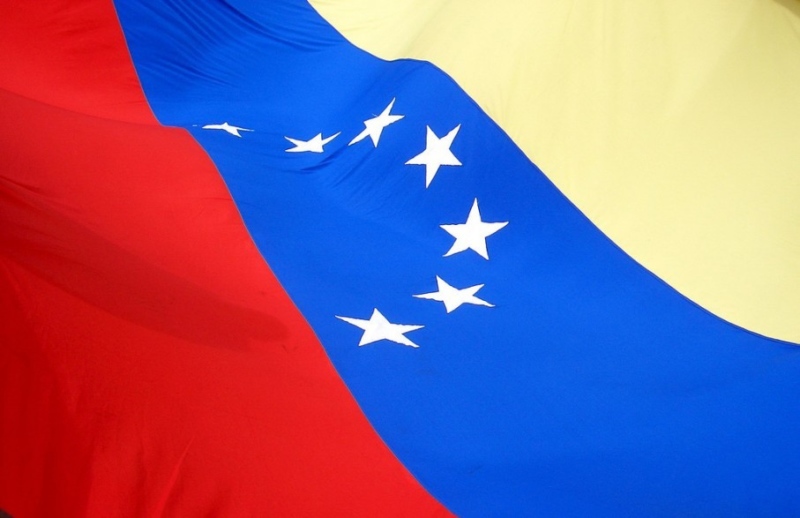Beyond Venezuela’s Simmering Crisis
 Ruurmo / CC BY-SA 2.0
Ruurmo / CC BY-SA 2.0
Although calm has mostly returned to Venezuela after the protests that shook the country last spring, Javier Ciurlizza, the Program Director for Latin America and the Caribbean at Crisis Group, and Mark Schneider, the Senior Vice President of International Crisis Group, pointed to other remaining issues, such as increasing crime and poverty. In fact, inflation in Venezuela has already topped 63% and shortages of basic goods including food and medicine will continue into 2015. The breakdown of talks between the government and the opposition Democratic Unity (MUD) Alliance earlier this summer does not bode well and further suggests that reconciliation and growth will be a lengthy and complex process. Referring to the report Crisis Group published earlier this fall, both analysts argued that finding a sustainable solution to the Venezuelan crisis would require concerted political action by the international community.
To start off, Ciurlizza introduced plausible scenarios for Venezuela. He discussed the inertia scenario for which Maduro’s administration would continue to concentrate power and evade any substantial reforms. Maduro’s reshuffling of the cabinet in favour of military consolidation within his regime already points to his uncompromising and hard-handed style of governance. In this first scenario, Maduro would continue to face serious opposition at home. Plummeting oil prices that have already significantly weakened Petrocaribe would also undermine Maduro’s influence in the region. In the long-term, this first scenario would resemble what Ciurlizza termed the “implosion scenario,” one in which the government and the opposition’s inflexibility at the negotiating table would result in escalating violence and a mass population outflux.
While Ciurlizza alerted to the increasing possibility of an implosion, he also mentioned the “dialogue scenario” for which government and opposition groups would meet and agree on a strategy that would tackle Venezuela’s structural and economic weaknesses. According to Ciurlizza, however, both sides’ entrenched grievances and the government’s unwillingness to do more than simply talk about political and economic adjustments makes the dialogue approach unlikely to succeed. Considering the government’s intransigence, Ciurlizza forewarned that unmet demands could give rise to a new wave of public disturbances that could potentially escalate into a “coup d’état scenario.”
In response to Ciurlizza’s warnings of rising tensions, Schneider emphasized the urgency for diplomatic mediation in Venezuela. For Schneider, the international community should pressure Maduro to restore the autonomy of political institutions including the Supreme Court, the Electoral Authority and the Ombudsman. He also interpreted Rousseff’s and UNASUR Secretary-General Samper’s meeting in November as an indication that Brazil would become more involved in settling an agreement between Venezuela’s rival parties. Schneider also explained that it would be in Colombia and Cuba’s national interest to avert any kind of Venezuelan implosion.
Despite these recommendations, Venezuela remains shielded from international pressure. According to Schneider, Colombia’s dependence on Maduro’s support for the peace proposal “may keep Colombians out.” Michael Shifter weighed in, arguing that Rousseff’s’s priority today is Brazil’s economy and that it would be “unlikely for her to invest political capital into solving the Venezuelan crisis.” In light of these challenges, Schneider ultimately recommended that international mediation be carried out by UNASUR with UN assistance. He also argued against any kind of US sanction fearing that punitive legislation would “undercut whatever chance there is for UNASUR to play a positive role.”
Concluding, Ciurlizza and Schneider agreed that a UNASUR-facilitated reconciliation will not only test the future of Venezuelan democracy but will reflect more broadly on UNASUR’s legitimacy and ability to find peaceful solutions to Latin American crises.



















